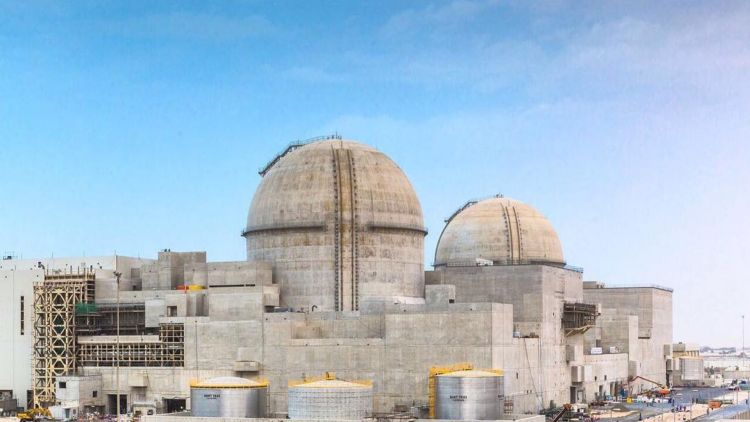
South Korea appears set to reverse its moratorium on new nuclear power stations imposed after the Fukushima Daiichi disaster of 2011.
The country’s new president-elect, Yoon Suk-yeol, has said he would scrap the policy of phasing out nuclear power and instead make the country a nuclear powerhouse at home and abroad, The Korea Herald reports.
Outgoing president Moon Jae-in’s policy had been to retire the country’s 24 reactors and refrain from building new ones.
By contrast, Yoon is bullish on the need for Korea to embrace the nuclear option. During his campaign, he wrote on his Facebook page: “I will recover the ecosystem of nuclear power generation and advance safe nuclear technologies so that they can become a core engine to drive the country.”
He added: “The government said it will reduce the portion of nuclear power to 7% by 2050 and will import electricity from China and Russia when there is a shortage. The plan is unfeasible even if solar panels were installed on our entire soil.”
He emphasised that building nuclear power plants was a global trend, and essential to the reduction of carbon and energy security, adding that even the EU had recently classified nuclear power as green energy.
As the first step, the new government is expected to resume the suspended construction of two reactors – Shin-Hanul 3 and 5 – in the coastal county of Uljin, 330km southeast of Seoul. These 1.4GW reactors have been on hold since 2017.
Yoon also pledged to operate the country’s present nuclear fleet as long as possible, maintaining nuclear’s share of the energy mix at 30%.
He also signalled renewed investment in research into small modular reactors, and announced a target of selling at least 10 nuclear power plants to foreign buyers by 2030, thereby creating 100,000 jobs.
South Korea scored a notable success in Abu Dhabi with its Barakah nuclear power plant (pictured), which has four APR-1400 reactors designed by the Korea Electric Power Corporation. When fully operational, the plan will supply a quarter of the UAE’s electricity demand.
Korea is presently hoping to win work in Czechia, and Poland’s nascent nuclear industry.










